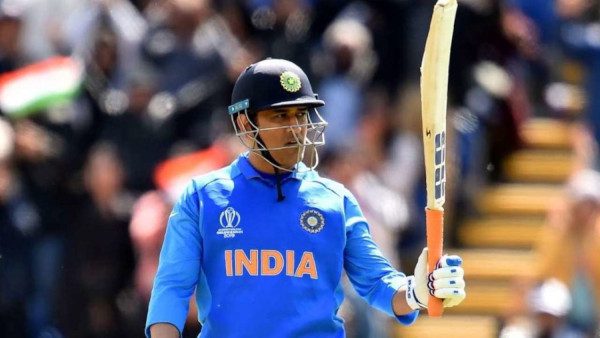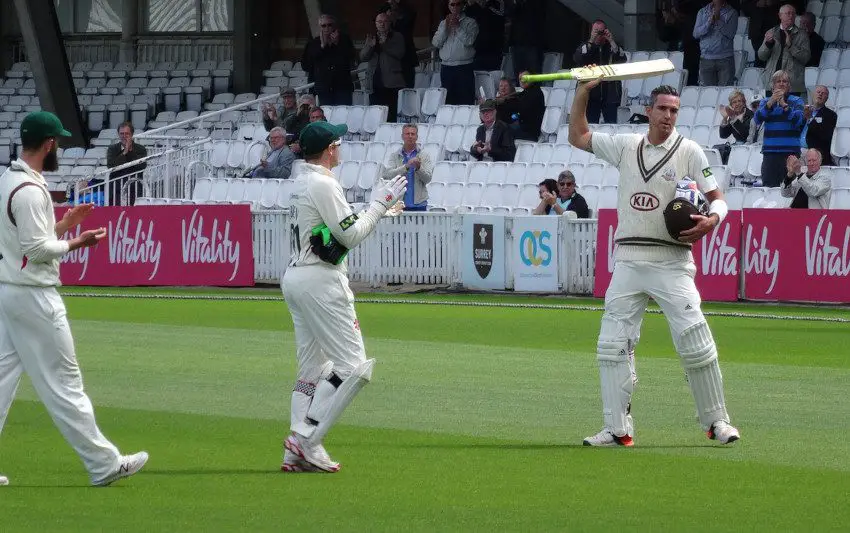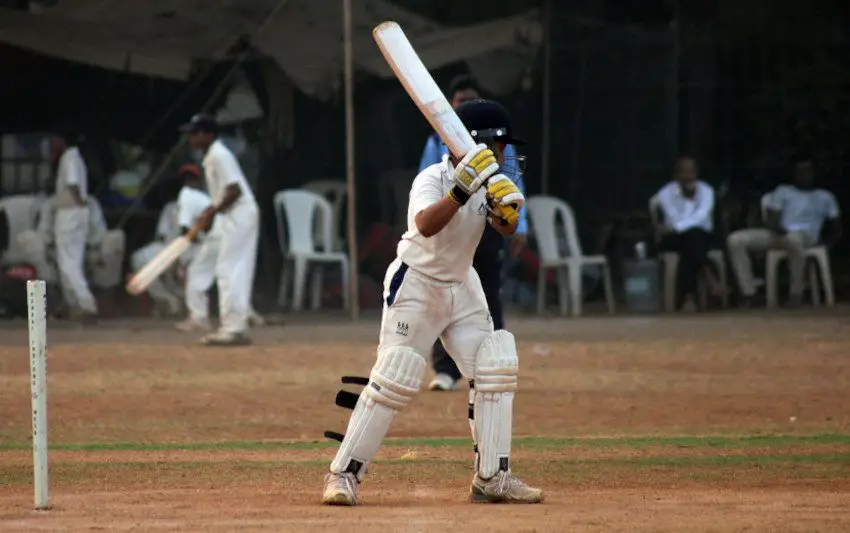Table of Contents
It’s a phrase that is becoming more common in cricket, but we need to take a look at what it means exactly. What is a mentor in cricket and what do they do?
What is the Meaning of Mentor in Cricket?
In cricket, a mentor is someone who guides younger players with a view to helping them achieve all of their goals and ambitions. The mentor may be employed in an official capacity or they may simply be helping out the teams and individuals voluntarily.
The mentor is usually someone who has achieved a lot in the game of cricket and the younger players look up to them as a result.
Mentoring vs Coaching: The Key Differences
There are very subtle differences between mentoring and coaching. In the first instance, a coach will always be an official role for someone who is appointed by a team, or a national cricket board, and they would be paid a salary at professional level.
A mentor’s job may not be quite so official. They might just be hanging around a team, possibly as a commentator or a member of the backroom staff, and a player could potentially just ask for their advice.
We may well see mentors become involved in more official roles in the future, but that’s how I see things now. A coach is a paid role that works on all aspects of cricket and the job is paid and official.
A mentor can guide and advise players, without working in such an official capacity.

The Role of a Mentor
If we look back at the definition of a mentor’s role, we see that they are guiding the player. There may be an element of coaching involved but, often, they might just offer some general advice. Perhaps, if the younger player is struggling with form, the mentor will simply talk about past experiences where they have managed to work through this.
Maybe there will be some coaching, but it could relate to a specific area of their technique. Actually, there are so many roles that a mentor could fill, but it all comes down to that original definition of a person who provides information and resources designed to help young people reach their potential.
Benefits of a Mentor
I think that the element of respect is key here. Without exception, a mentor must have enjoyed a successful career in the game. The younger players need to look up to them and understand that they have been there and done it.
This is why a mentor can have a greater effect than a coach at times. If you take a look at my article on Pakistan’s best cricket coaches as an example, you’ll see that many of the most successful coaches have not played cricket at an especially high level. They can still be great coaches, but they may not be good mentors.
A mentor commands that respect because of what they have achieved in the game. Another benefit may lie in the question of whether they are contracted to a team. If there is an official contract in place, then this will come with a financial outlay.
If the mentor is just offering advice to the younger player when their paths cross, teams can often tap into that knowledge and wisdom for free.
MS Dhoni as the Mentor of the Indian team
As someone who gave so much to Indian cricket on the field of play, it’s only natural that we should see MS Dhoni as a potentially valuable mentor of the national side.
In 2022, it was announced that Dhoni would be working as the mentor to the Indian team that was taking part in the T20 World Cup in that same year. With all of that huge experience behind him, it was surely a wise decision.
MSD couldn’t quite guide that Indian team to glory and they were eventually knocked out of the competition by England. In 2023, the 50-Over version of the World Cup will be played in India and the employment of MS Dhoni might just be enough to swing the tournament in the hosts’ favour.

Other Mentors in Cricket
Other countries around the world have also employed mentors in an official capacity. Top Australian cricketers of the recent past have filled this particular role and the trio of Ricky Ponting, Matthew Hayden and Michael Hussey have all taken on mentoring jobs.
The practise should start to extend all around the world now, especially as MS Dhoni has recently taken on that mentoring role for the Indian World Cup side. If such a high profile figure as Dhoni can do it, other countries and domestic teams will see the value of a mentor.
Until now, the position has been used on something of an ad hoc basis, but I expect it will become more official in the near future.
Final Thoughts
When we were growing up and learning to play cricket, we probably all had a mentor. This is someone who we looked up to and who would give advice without actually coaching us in any official capacity.
I think that the difference between coaching and mentoring are very subtle and it may be easy to get the two confused. I’ve said in this article that the mentor can be an unofficial position but, in the case of MS Dhoni and others, they have been employed in a salaried role as part of the overall squad.
That suggests that we will see more of these mentors being used in the future, but that all depends on the team management. In countries that want to keep their costs low, the mentor may be seen as an unnecessary expense.
If, however, the likes of Dhoni start to succeed and provide the inspiration that sees their team win a trophy, the post will become more commonplace. The mentor is an interesting addition to the many types of cricketing jobs that are available around the world, and it will be fascinating to see if more of these roles open up in the future.


